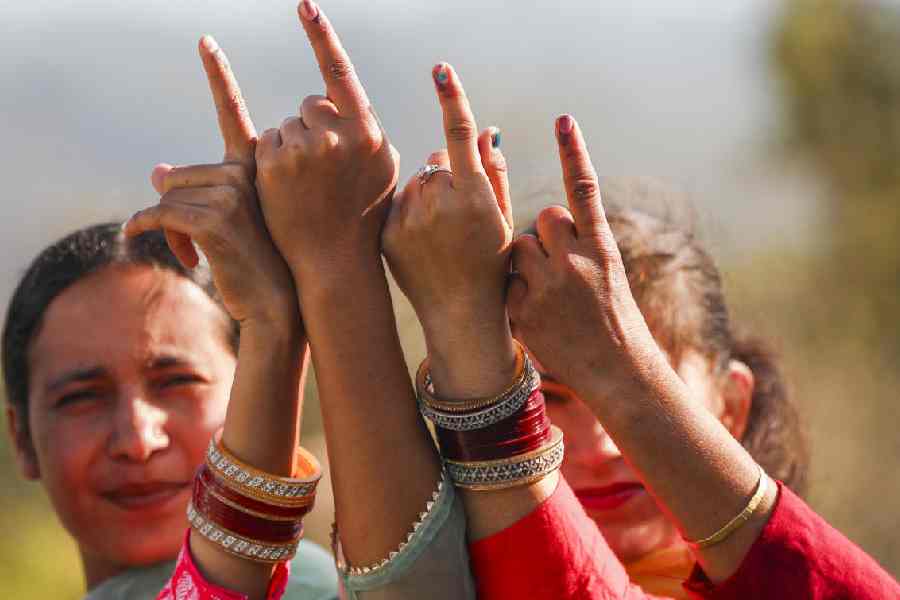The bugle for the next round of assembly elections has been blown. Haryana and, at long last, Jammu and Kashmir are headed for the hustings between September 18 and October 1, with the results scheduled to be declared on October 4. The principal issues confronting Haryana and J&K and their political parties are diverse. In Haryana, the Bharatiya Janata Party and the Congress are the main contenders. The spoils were divided equally between the two parties in the general election but the word is that the incumbent BJP may find the going tougher on this occasion. The election here could well be decided on the basis of such issues as the deepening agrarian crisis, poor handling of the farmers’ protest and their demands by the BJP, lack of industrialisation, spiralling unemployment, wrestlers’ protests as well as the controversial Agnipath scheme. The BJP finds itself on the backfoot on most of these issues and the public mobilisation against the party is — this is notable — being spearheaded by a conglomeration of communities and their solidarities. Whether the Congress manages to wrest the advantage would, however, depend on its ability to fight the polls unitedly: factionalism remains the Congress’s perennial problem and the Haryana unit is not an exception.
But the eyes of India and the world, it can be argued, would remain glued on J&K where elections will take place after a decade, thanks to a firm stance by the Supreme Court. Here too, the poll canvas is expected to reflect a wide array of concerns, paramount among which are the BJP-led Central government’s unilateral revocation of Article 370, the bifurcation of the state, and the renewed rise of militancy with Jammu, rather than the Valley, bearing the brunt in this spell. The formation of a state government could be crucial in battling the spectre of terrorism. But a question has already arisen regarding the autonomy of J&K’s future government. This is because the stipulations under Section 55 of the Jammu and Kashmir Reorganisation Act state, among other strictures, that the lieutenant-governor’s decisions cannot be reviewed by the council of ministers. It appears that New Delhi is unwilling to let the reins of control pass on to a government elected by the people of J&K. Such a template of governance is likely to witness bitter contests between the state government, especially if it is formed by an Opposition party, and the lieutenant-governor. That does not augur well for Kashmir’s administrative imperatives or democracy.











